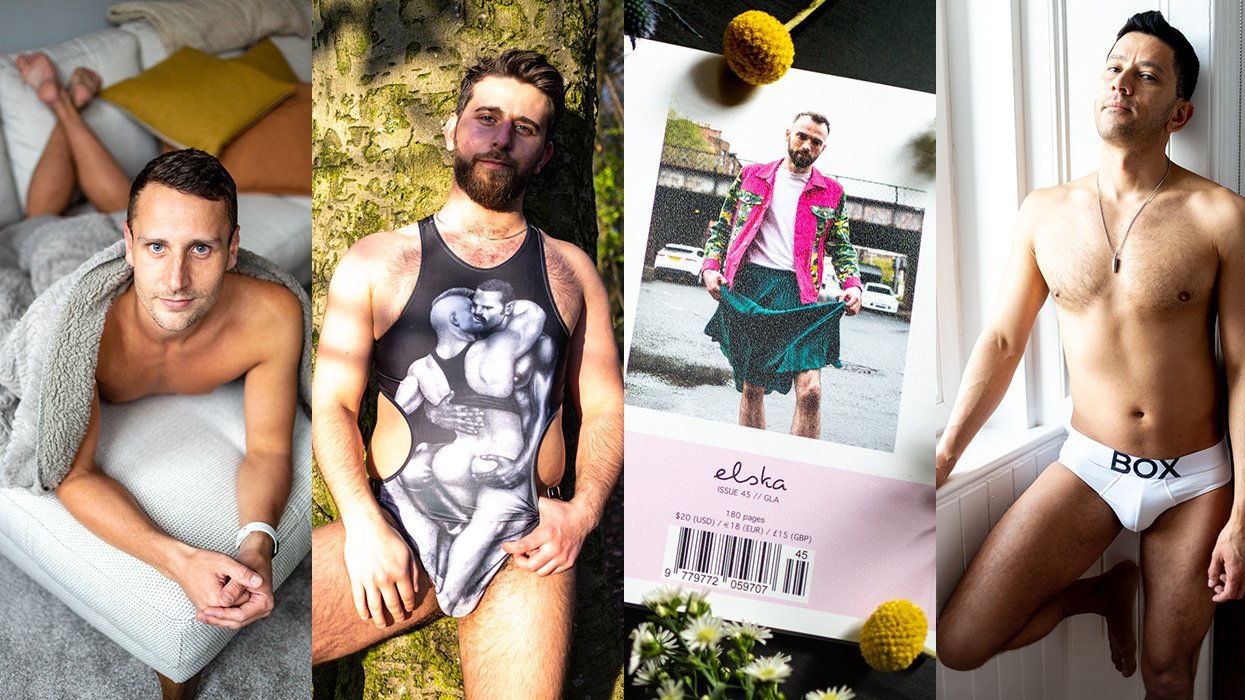All Rights reserved
By continuing to use our site, you agree to our Private Policy and Terms of Use.
Anthony Pico qualifies as an expert on foster care after spending 18 years in California's program. And he says it's far from perfect.
But staying in the system and receiving financial help as long as possible would be much better than being cast adrift, said Pico, who took part in a broad discussion of foster care at a meeting of the American Bar Association.
''I'm an adult, but I don't want to move out. I don't want to start paying rent. If I stay in until I'm 19 or 20, I'll be more stable and maybe I won't repeat the cycle,'' Pico explained at a weekend session of foster care experts and advocates at the ABA conference.
Pico, who lives in transitional housing in San Francisco, provides a human face to a problem that frustrates the social workers, lawyers and judges who work with foster children.
Many states cut off support for foster care youth when they turn 18, even though most people that age continue to receive financial help from their families.
And even when states do extend help, the children who have been in the foster care system often decline the aid.
Belinda Edwards, a juvenile court judge in Atlanta, estimated that up to 70 percent of the people who appear in her court ''want nothing more to do with'' Georgia's child welfare system even though the state will provide benefits beyond the age of 18.
Pico, an articulate spokesman for a group that often is ignored or reported on only in cases of horrific abuse, said he understands what is happening in Edwards' courtroom.
''They see it as this scar across their face,'' he said.
More than 500,000 children are in foster care across the country at any moment and more than 20,000 leave the system every year, whether or not they are ready, because they turn 18.
The results are predictable, said William Bell, president of Seattle-based Casey Family Programs: A disproportionate number end up homeless or in jail.
''We can choose to pay while they're still in our care or we will continue to pay once they leave,'' Bell said.
Sen. Barbara Boxer, D-Calif., has introduced federal legislation that would make it easier for states to extend benefits to people up to 21 years old, and would provide some matching money from the federal government. But her legislation, introduced in May, has so far attracted just one other co-sponsor.
The ABA is expected to back several measures on foster care, including supporting changes in the law like those Boxer is proposing.
Another resolution calls attention to discrimination faced by gay foster children, who surveys say make up as much as 60 percent of the foster care population.
''These are the kids who are the most rejected, the most discriminated against, the most abused,'' said ABA president Karen Mathis.
But, she added, most foster youth are considered ''throwaways'' by society, even by some lawyers and judges who work in the juvenile justice system.
''Too many judges want to know how the kids got screwed up,'' she said.
Pico said he knows people in foster care who have never met with the lawyers who represent them in regular court hearings. Alice Bussiere, a staff attorney with the Youth Law Center in San Francisco, said she has heard similar comments from judges.
Pico, far more aware than most foster youth of the benefits he is entitled to and how to seek help, listed the three lawyers, 15 social workers and 17 therapists he has encountered over the years.
He sat through the conference and listened to the experts talk about foster care's deficiencies.
''Tell me something I don't know,'' he said. (Mark Sherman, AP)
Want more breaking equality news & trending entertainment stories?
Check out our NEW 24/7 streaming service: the Advocate Channel!
Download the Advocate Channel App for your mobile phone and your favorite streaming device!

















































































